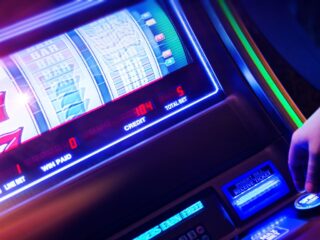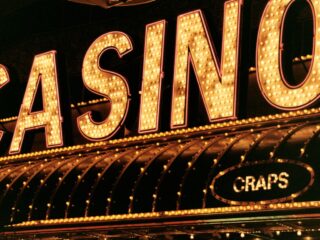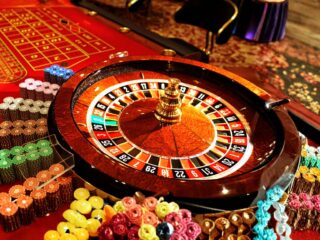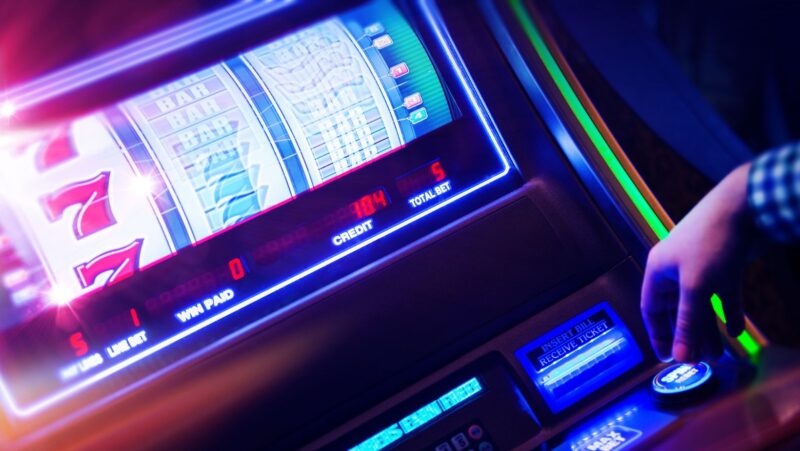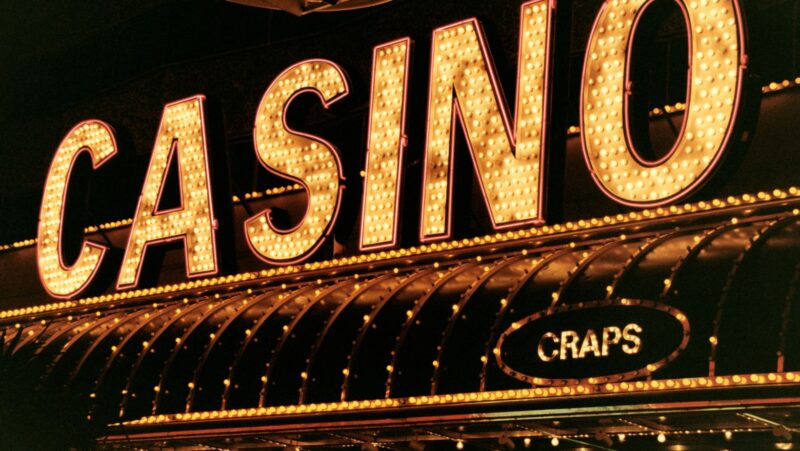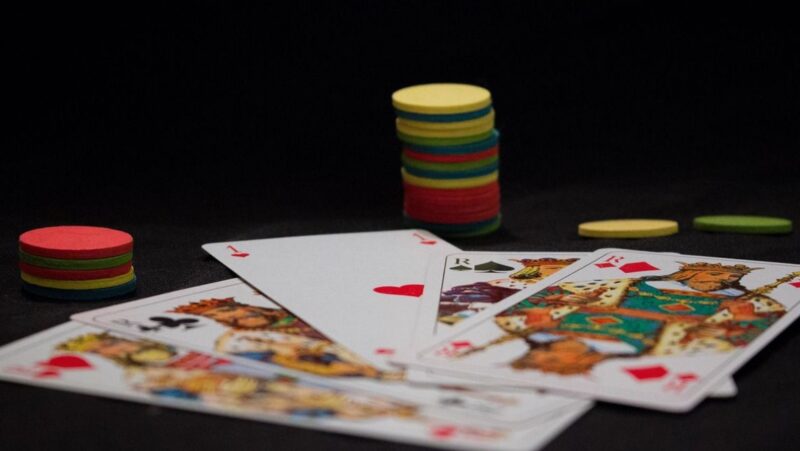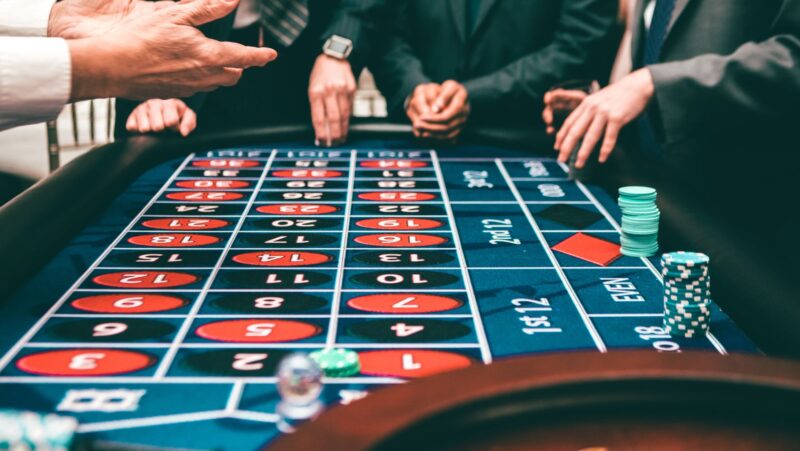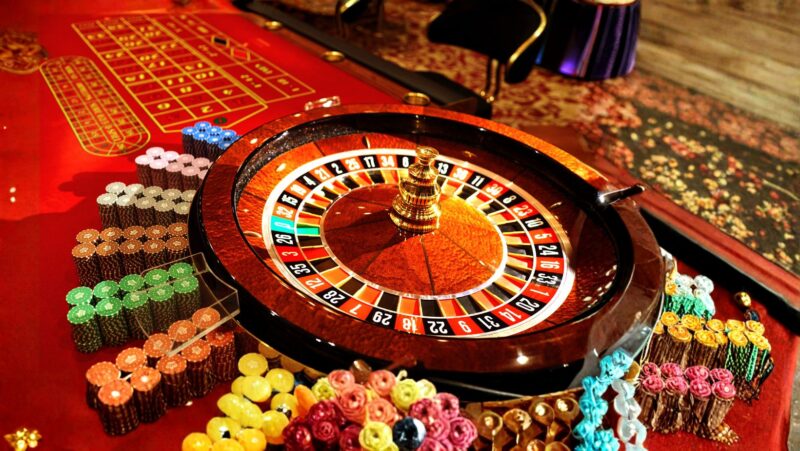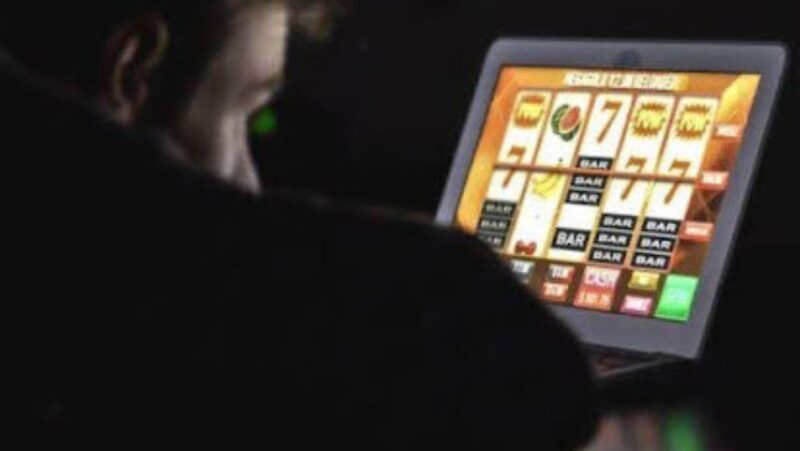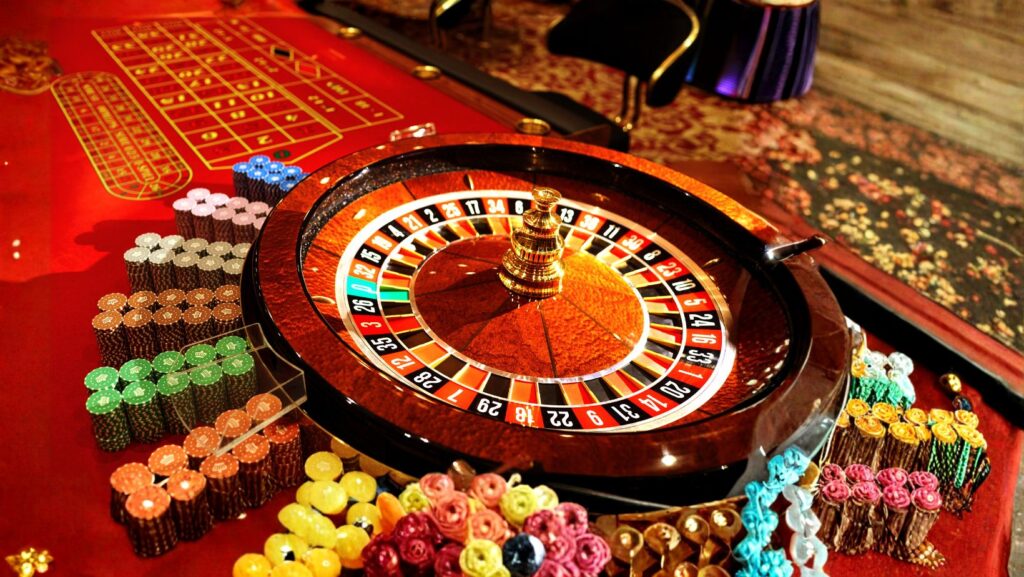
My friend lost A$1,800 at an unlicensed casino last month. Beautiful website, huge game selection, generous bonuses. Everything looked legitimate until he tried to withdraw.
The casino kept requesting additional documents, delaying payout for three weeks. Then they closed his account citing “terms violations” he never committed. His money disappeared.
One license check would have prevented this. Takes two minutes. Stops almost every scam before you deposit.
Australian players need reliable platforms with verifiable licensing. RichardCasino operates under proper jurisdiction with transparent licensing information displayed in the footer—exactly what legitimate casinos do to prove their regulatory compliance.
Why License Verification Matters
Licensed casinos answer to regulatory bodies. They follow strict rules about fair gaming, player protection, and dispute resolution. Break those rules, they lose their license.
Unlicensed casinos answer to nobody. They can refuse withdrawals, rig games, or disappear overnight. No authority will help you recover funds from an unlicensed operation.
I learned this after almost depositing at a scam site in 2022. Slick design, professional branding, 300% welcome bonus. Something felt off, so I checked their license. Fake. Saved myself from disaster.
The Two-Minute License Check
Here’s my verification process:
Step 1: Scroll to the casino’s footer. Every legitimate casino displays licensing information there—license number, regulator name, usually a clickable badge.
Step 2: Click the license badge or logo. It should link directly to the regulator’s website showing this specific casino’s active license. Not the regulator’s homepage. Not a generic about page. A page specifically confirming this casino’s license.
Step 3: Verify the license number matches. The number on the casino site should match the number on the regulator’s verification page.
If any step fails, don’t deposit.

Common License Scams
Fake badges are everywhere. Scam casinos put official-looking logos in their footer that either:
- Don’t link anywhere (just decorative images)
- Link to the regulator’s homepage (not a specific license verification)
- Link to fake verification pages designed to look official
I tested 15 suspicious casinos last year. Twelve had fake licenses. The badges looked legitimate, but clicking revealed they were fraudulent.
Real example: Found a casino with a “Curaçao Gaming License” badge. Clicked it—went to a random page about Curaçao licensing in general, not this specific casino’s license. Red flag. Checked further and found multiple complaints about withdrawal refusals.
Trusted Licensing Jurisdictions
Not all licenses are equal. Some jurisdictions have strict standards. Others rubber-stamp applications without meaningful oversight.
Top-tier licenses:
- UK Gambling Commission (UKGC)
- Malta Gaming Authority (MGA)
- Gibraltar Regulatory Authority
Mid-tier licenses:
- Curaçao eGaming
- Kahnawake Gaming Commission
These mid-tier licenses are legitimate but have less stringent requirements. A Curaçao license is better than no license, but doesn’t guarantee the same protections as UKGC or MGA.
The Verification Website Trick
Beyond checking the casino’s license badge, I verify through the regulator’s official database.
Most licensing authorities maintain public databases where you can search for licensed operators. I go directly to the regulator’s website (not through the casino’s link) and search for the casino’s name.
Malta Gaming Authority has a public register. UK Gambling Commission has a searchable database. Takes 60 seconds to confirm a casino’s license is legitimate.
If I can’t find the casino in the official database, I don’t deposit—regardless of what badges appear on their website.
What Happens at Unlicensed Casinos
Beyond my friend’s A$1,800 loss, I’ve seen:
- Casinos that change withdrawal terms after you win
- Sites that close accounts without explanation
- Platforms that demand impossible verification documents
- Operations that simply stop processing payments
One player told me about winning A$5,000 at an unlicensed casino. They paid his first withdrawal of A$500. When he requested the remaining A$4,500, they asked for bank statements, utility bills, notarized ID, proof of income, and more. He provided everything. They requested additional documents. This cycle continued for two months before they stopped responding entirely.
Licensed casinos can’t do this. Regulators investigate complaints and can revoke licenses for this behavior.
The Support Test
After checking the license, I test customer support. I ask them about their licensing:
- “Which authority regulates your casino?”
- “Can you provide your license number?”
- “Where can I verify your license?”
Legitimate casinos answer immediately with specific information. Scam casinos give vague responses, dodge questions, or provide incorrect details.
I once asked a suspicious casino about their license. Support said “We’re licensed in Europe.” That’s not an answer. Europe isn’t a licensing jurisdiction. I closed the tab.
Regional Licensing Complications
Some regions have specific legal frameworks. Players in certain areas need casinos licensed for their jurisdiction.
Virginia operates under specific gambling regulations, and players there should verify casinos are authorized for their region. Resources explaining virginia online casinos detail which licenses are valid and which operators legally serve Virginia residents—critical information before depositing.
Playing at casinos not licensed for your region can create withdrawal problems even when the casino itself is legitimate. They might refuse payouts citing geographic restrictions you weren’t aware of.
Why Scam Casinos Look So Good
Unlicensed operations invest heavily in professional design. They clone legitimate casino layouts, use high-quality graphics, and write convincing copy.
They look more polished than some licensed casinos. That’s intentional—they need to convince you quickly before you verify their credentials.
I almost fell for one that perfectly mimicked a popular brand’s design. Only difference was a slightly altered domain name. Their fake license badge looked identical to real ones. Only the verification link exposed the scam.
The Two-Minute Rule
This entire verification process takes under two minutes:
- 30 seconds checking the footer for license info
- 60 seconds clicking and verifying the license link
- 30 seconds searching the regulator’s database
Two minutes to prevent losing hundreds or thousands of dollars. Always worth the time.
I now verify every new casino before depositing—no exceptions. This simple habit has saved me from at least four scam operations that I know of. Who knows how many others I avoided without realizing.

